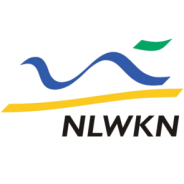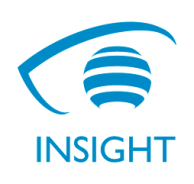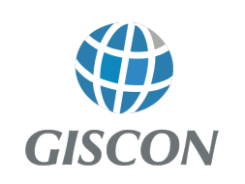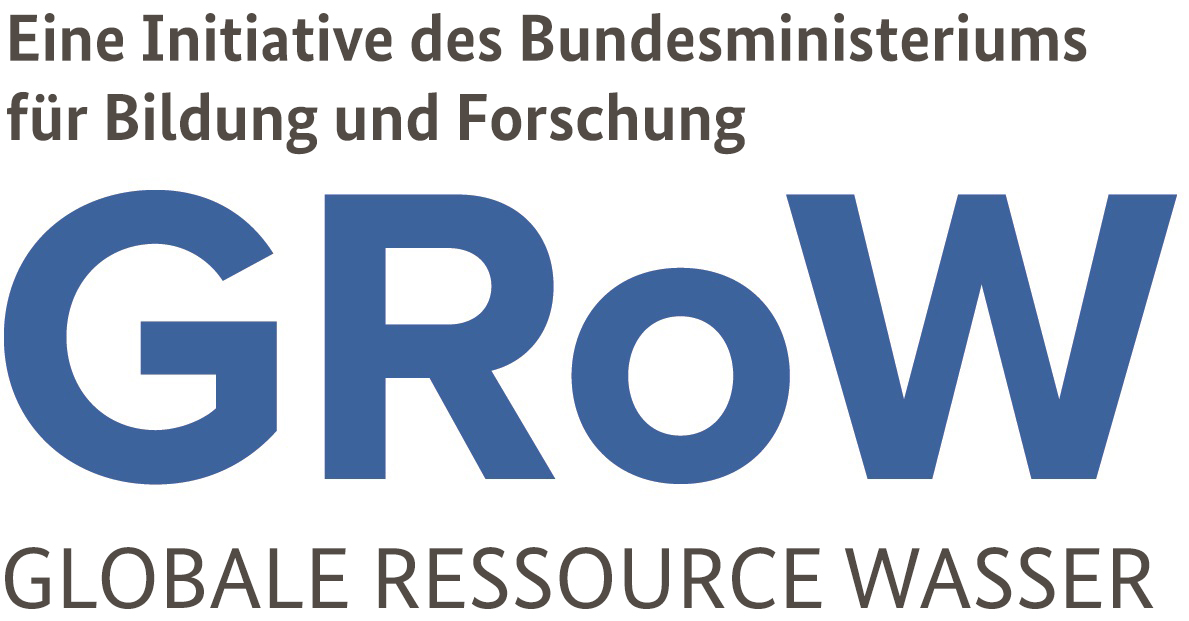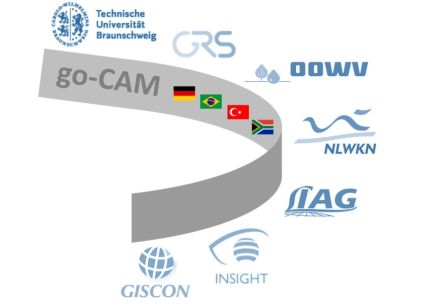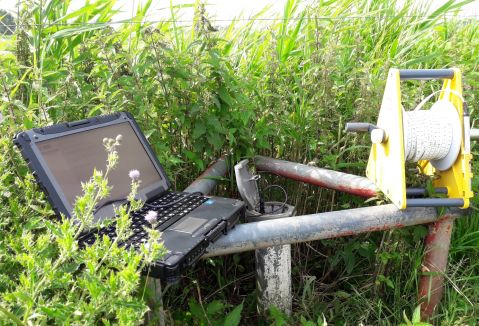
Summary
The core objective of go-CAM is to develop, implement and apply multicriteria governance optimisation for sustainable water use in various coastal regions around the world. By linking modern methods that support decision-making and action with findings from hydrosystems modelling, the project will produce an integrated, transferable coastal zone management system. This planning tool will be part of an online dialogue platform called Coastal Aquifer Management (CAM).
Using case studies in Brazil, Turkey and South Africa, the governance optimisation and software packages that go-CAM will develop should become established internationally. Modern hydrological, hydrogeological and geological models will form the basis for estimating water resources and demand in coastal regions. With the help of a multicriteria decision analysis, go-CAM will establish regional courses of action that will then be transferred into practice using the CAM dialogue platform. Accompanying workshops with the various user groups will increase acceptance for the methods and results. A PhD programme with the project’s international partners should guarantee that the model can continue to be applied even after go-CAM has finished.
Overall, the CAM provides a bundled and easy to grasp representation of the current state of water management in different regions and allows the visualization and evaluation of future changes. The platform is open for access for different users like water agencies, water supply companies and universities worldwide and therefore fosters dialogue among stakeholders in the water sector of coastal regions. This makes the CAM a valuable tool to transfer the scientific understanding of water resources into modern practice-orientated water management and governance structures. One of those key scientific findings that needs a stronger representation in governance structures is the relevance of groundwater. Go-CAM fully agrees with the UNU-INWEH stating that "while the SDGs do not explicitly mention groundwater, our analysis finds many mutually reinforcing links between groundwater availability and action on the SDGs". In this respect, go-CAM has shown that a better link between targets and their essential status indicators for groundwater is necessary. This would facilitate the translation of groundwater-related and groundwater-relevant aspirations into real, measurable actions.
Priorities
- Develop, calibrate and apply hydrological, hydrogeological and geological models in coastal areas
- Estimate current water resources and demand, and the corresponding trends, while taking account of various impacts and usage claims
- Establish regional courses of action using multicriteria decision analysis
- Transfer the CAM dialogue platform from northern Germany (where it will be developed) and the underlying methods to international partner regions
Relevance
Coastal regions present special challenges when it comes to the sustainable use of water resources. These include climate change, changing sea levels, salinization risk, high discharge of nutrients from agriculture, low-lying ground and – not least – high population density and high water demand in industry. Overusing water resources inevitably leads to conflicts over its use. Comprehensive and sustainable governance of water supplies is therefore crucial. A major challenge here is to take account of the relevant factors for modelling the entire system so that a multicriteria decision analysis can be used to establish regional courses of action. Other challenges include preparing the model results for practical use, and achieving acceptance among the user groups.
 tu-bs.de
tu-bs.de



